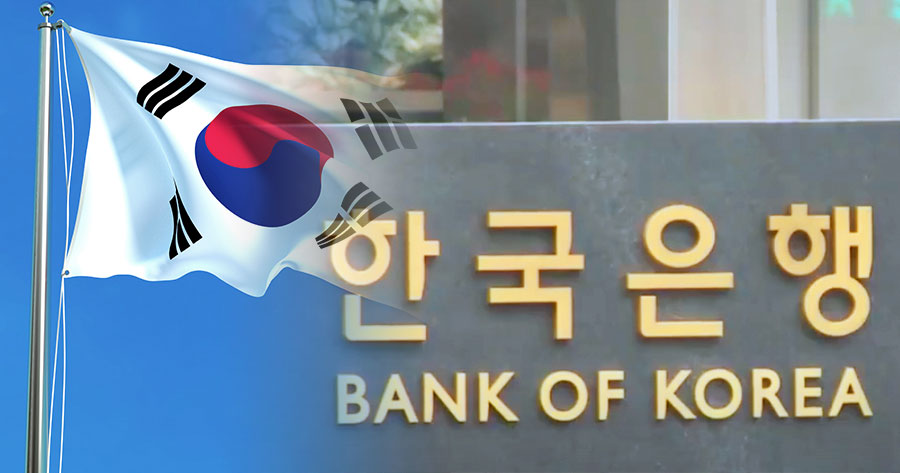Thailand’s central bank governor and finance minister are set to convene in early September to commence discussions on establishing an inflation target for 2025, a senior official revealed.
This move comes as the government aims to set a new objective with hopes of facilitating a rate cut that has been advocated for several months.
The government has been engaged in a prolonged dispute with the Bank of Thailand (BOT) since last year, persistently urging the central bank to lower key interest rates to stimulate the country’s faltering economy.
In May, recently elected Prime Minister Paetongtarn Shinawatra went as far as to characterize the central bank’s autonomy as a hurdle in resolving economic challenges.
A potential adjustment to the existing 1-3% inflation target range, in effect since 2020, could heighten the likelihood of a reduction in interest rates, as mentioned by Paetongtarn’s predecessor, Srettha Thavisin, who was ousted by court order in June.
During the upcoming meeting, the central bank is expected to propose a target that has received approval from its monetary policy committee (MPC), as stated by BOT assistant governor Piti Disyatat. Piti indicated that the MPC’s target would remain undisclosed until the meeting and expressed hope for a consensus to be reached.
While the government advocates for a relaxation of monetary policy, the central bank has maintained its benchmark interest rate at a level exceeding a decade-high of 2.50%, with the next rate review scheduled on October 16.
The finance ministry disclosed that it is compiling data in preparation for the meeting in September, the scheduling of which will be confirmed after Paetongtarn finalizes her cabinet, including the finance minister.
Pornchai Thiraveja, the head of the fiscal policy office within the finance ministry, stated that the ministry will have an open approach during the negotiations regarding the proposed inflation target. He emphasized the importance of setting a goal that aligns with the prevailing economic conditions.




